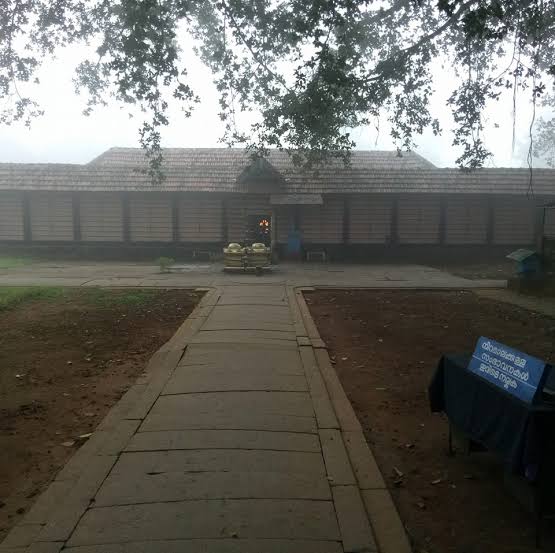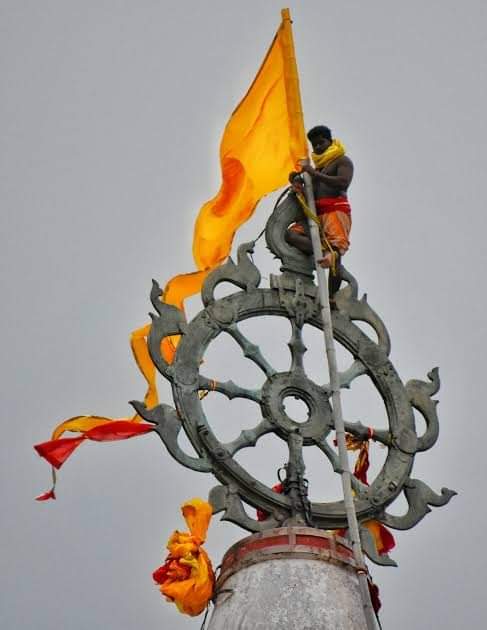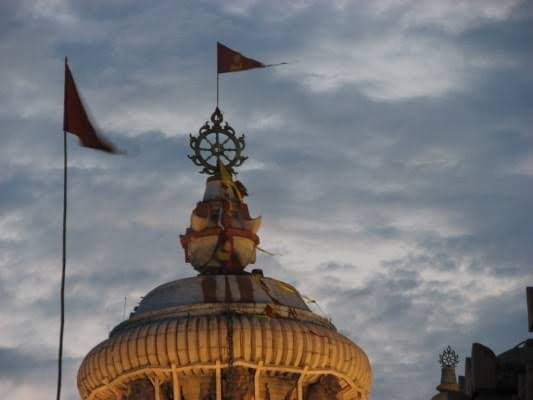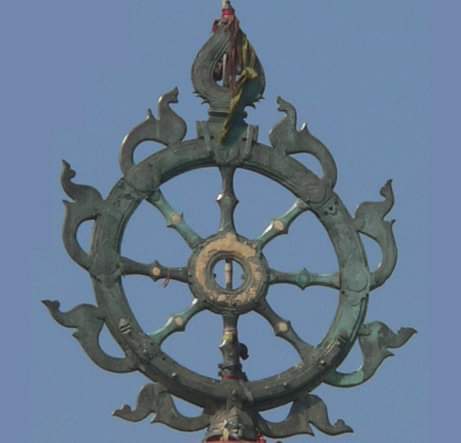2/n
Twelve months ago, I believed that a Supreme Court dominated by conservatives like Neil Gorsuch and Brett Kavanaugh would never license a full-out power grab by Donald Trump.
In my latest @slate column, I explain why I’ve changed my
2/n
Pessimists—like me!—claimed that Trump would slowly take over the Republican Party after a protracted civil war.
3/n
To be part of the conservative tribe today is to go wherever the resentment—and its leader—takes you.
4/n
The Supreme Court is not a nonpartisan court of law. It is a realm to do partisan battle by other means.
5/n
6/n
A partisan who needs plausible deniability can skew the playing field by allowing gerrymandering and voter purges, as Roberts et al. have done over the past year. But he cannot allow a naked power grab by a co-partisan president.
7n
This has consequences. It’s no longer unimaginable that SCOTUS will allow attacks on the F.B.I. or tolerate the politically motivated prosecution of a Dem candidate.
8/n
The evidence from other countries suggests that this depends on Trump’s popularity. As political scientists have long known, in most democracies, popular support for the government is a good predictor of court behavior.
9/n
Doom is by no means foreordained.
10/n
More from All
You May Also Like
I’m torn on how to approach the idea of luck. I’m the first to admit that I am one of the luckiest people on the planet. To be born into a prosperous American family in 1960 with smart parents is to start life on third base. The odds against my very existence are astronomical.
I’ve always felt that the luckiest people I know had a talent for recognizing circumstances, not of their own making, that were conducive to a favorable outcome and their ability to quickly take advantage of them.
In other words, dumb luck was just that, it required no awareness on the person’s part, whereas “smart” luck involved awareness followed by action before the circumstances changed.
So, was I “lucky” to be born when I was—nothing I had any control over—and that I came of age just as huge databases and computers were advancing to the point where I could use those tools to write “What Works on Wall Street?” Absolutely.
Was I lucky to start my stock market investments near the peak of interest rates which allowed me to spend the majority of my adult life in a falling rate environment? Yup.
Ironies of Luck https://t.co/5BPWGbAxFi
— Morgan Housel (@morganhousel) March 14, 2018
"Luck is the flip side of risk. They are mirrored cousins, driven by the same thing: You are one person in a 7 billion player game, and the accidental impact of other people\u2019s actions can be more consequential than your own."
I’ve always felt that the luckiest people I know had a talent for recognizing circumstances, not of their own making, that were conducive to a favorable outcome and their ability to quickly take advantage of them.
In other words, dumb luck was just that, it required no awareness on the person’s part, whereas “smart” luck involved awareness followed by action before the circumstances changed.
So, was I “lucky” to be born when I was—nothing I had any control over—and that I came of age just as huge databases and computers were advancing to the point where I could use those tools to write “What Works on Wall Street?” Absolutely.
Was I lucky to start my stock market investments near the peak of interest rates which allowed me to spend the majority of my adult life in a falling rate environment? Yup.
































